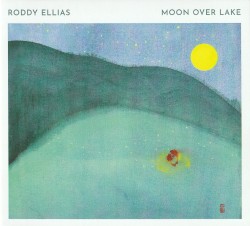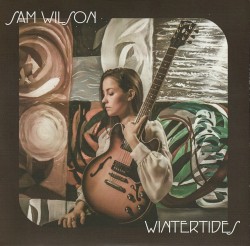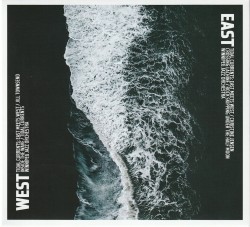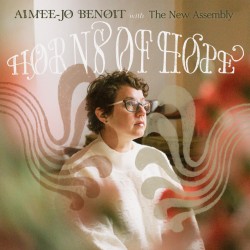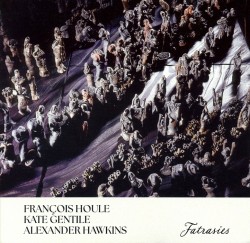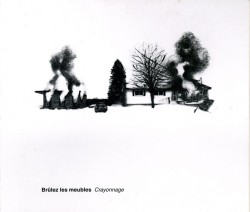Accolades of Time - Ruth Saphir
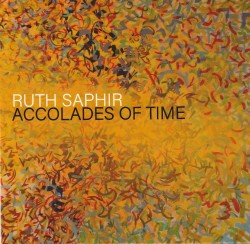 Accolades of Time
Accolades of Time
Ruth Saphir
Orchard of Pomegranates (ruthsaphir.com)
With lyrics that poignantly reflect on identity and relationships as they transcend the passage of time, an expressive band that fits this elegant thematic tapestry and a consistently goosebump-inducing vocal performance from Ruth Saphir, Ancestral Shadows is a musical odyssey that feels immensely rewarding with each listen.
Revolving around the central quartet consisting of Ruth Saphir (voice, flute), Kate Wyatt (piano), Adrian Vedady (bass) and Mili Hong (drums), it truly feels like each musician’s contributions are valued and paced perfectly throughout the album. The incredible one-two punch of Where Do Dreams Go? and Hand-Me-Down-Clothes feature Vedady’s bass as the most prominent instrument in the mix, with the warm breadth of his tone and tasteful nature of his bass lines making every pause in the melody feel full of vitality. This careful, concerted dance between ensemble and songwriter continues in magical moments such as the gradual foray into double time following the effortlessly graceful way Saphir stretches the phrase “I know you wanted to” during Lost at Sea, a swinging number if there ever was one. When we’re in the flow I feel the undertow intrude feels directly addressed to a rhythm section that sits so on top of every beat it practically anticipates it, yet invokes feeling in a very unsuppressed manner.
Autobiographical in one instant and familiar in the next, this music makes for a truly ecstatic listening experience.


